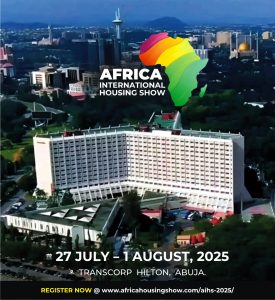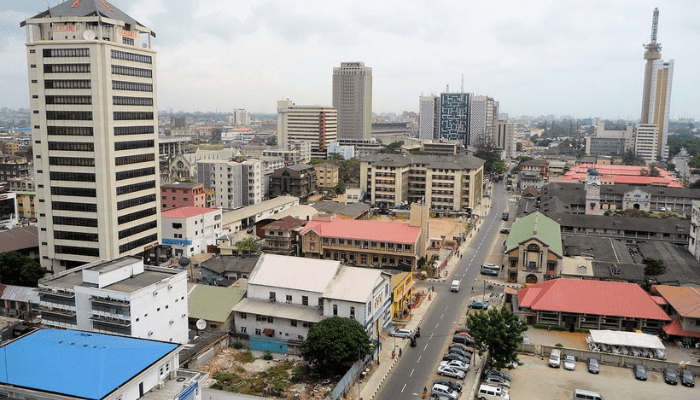…Can’t afford decent apartments as urban rent surges
…Say living in suburbs lowers their productivity, self-esteem
For many young professionals across Nigeria’s urban cities, the high cost of accommodation is a serious socio-economic concern.
These young men and women who are starting life find it difficult to afford a somewhat comfortable accommodation for themselves.
In today’s cities, a room self-contained apartment goes for about N1m to N1.5m per annum; while a 2-bedroom flat goes for between N2m and N2.5m.
Most of the youth in this group cannot afford the rent as their monthly salaries fall below N350, 000 a month. With the cost of living impacting negatively on the purchasing power, many of Nigeria’s young professionals are being pushed into the remote areas of the cities where accommodation is within their reach.
This, however, comes with its own hazards – it impacts on their productivity and self-esteem. It also impacts their ability to balance their work-life relationship.
According to a Risevest Cost of Living Report 2024, Nigerians on the average spend between 50 and 60 percent of their annual income on rent.

This figure also shows why young professionals struggle with renting a home in Nigeria. Other factors contributing to high cost of accommodation include rising inflation, stagnant wages, and the housing gap across many of Nigeria’s major cities, with tenants struggling to meet their yearly obligations.
With upfront payment requirements by landlords, poorly-maintained houses and regulated markets; renting has moved from being a mere routine activity for young professionals and has become a significant financial burden.
Another challenge that makes getting decent accommodation an uphill task across Nigeria is the demand for upfront payments of rent by landlords on the back of the trust deficit between property owners and home seekers.
Many of the landlords either demand for one to two years’ rent upfront, while home seekers earn their income on a monthly basis.
According to the Risevest Cost of Living Report 2024, Nigerians who live in suburban or remote areas often spend about 15 to 20 percent of their income on transportation.
The concern for many young professionals is also being exacerbated by the need to shoulder the responsibilities of having to pay rent for their parents.
“I pay my parents rent. They own the house, but all I get is a room. Nothing else is included. Should I just stop paying them,” a 22-year-old professional posted on social media, portraying the struggles of young professionals.
For many like him, family support is also another life-saving mechanism to look up to whenever it’s time for rent renewal.
Family support
“My sister helped me get the place and I was able to get some support too from my family and some friends,” Amaka, an Owerri-based lady, said.
Amaka, a single mother of two, waiting to be mobilised for the National Youth Service Corps (NYSC), said it would have been difficult coping with her rent and taking care of her sons.
“It wouldn’t have been easy for me o. I can’t stop thanking God for his grace. Na him dey run am; I for no know wetin to do,” she said.
Ayobami, a Public Relations (PR) professional, said the struggle with accommodation for young professionals in urban areas is a big issue. According to him, people feel the government needs to regulate house rent, because the government created the problem in the first place.
“The recent spike in rent is a ripple effect of inflation. Yes, agents are a big part of the problem, but landlords will also tell you they feed and maintain the house from the rent,” Ayobami said.
According to him, many of the young professionals also have to deal with a stagnant salary that is not commensurate with the inflation figures of the country.
“Now, a lot of young guys who are planning to start life find it difficult to pay the rent because most of them know that saving up for the first year is even the easiest part now. Renewing the rent is where the main issue is. Who knows what will happen within the next 12 months?”



